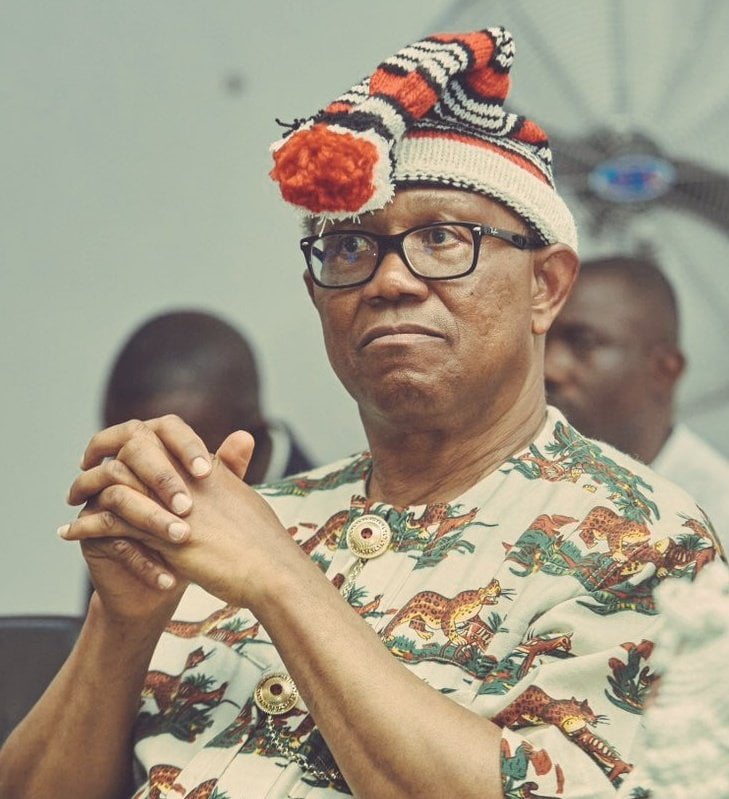In a Twitter thread published on Monday, the presidential candidate of the Labour Party in the last election, Peter Obi, congratulated Miss Onyinye Omenugha for winning the Princess Diana Award, an honour reserved for outstanding young achievers in the UK and across the world.
But Onyinye Omenugha was not the only Nigerian who bagged the award. At least 17 other Nigerians, including a student of the University of Ibadan, were equally selected as part of this year’s cohort of winners. Unlike the rest, however, Onyinye Omenughe has a distinct feature: she belongs to the Igbo ethnic group, the same as Peter Obi who hails from Anambra State.
The link, and Obi’s curious decision to ignore the other non-Igbos who received the award, has sparked fresh allegations of ethnic bigotry against the former Anambra Governor. A disappointed Twitter user queried Obi’s selective praise, asking if the other recipients do not deserve to be congratulated “because they are not Igbo.”
Dear @PeterObi,
It's with deepest regret that I have to openly comment on your behaviour, which I consider incompatible with the status of "potential president of Nigeria". The Diana Award 2023 was awarded to 18 Nigerians, but you singled out an Igbo woman to congratulate. What…
— RedPenofDoom (@Official_Isaaco) July 10, 2023
The incident has revived criticism of Obi as a sectional, bigoted political actor, a perception that hurt his campaign and contributed to his defeat in the last election. Critics point to different events as proof of their allegation, including Obi’s feud with the governorship candidate of his party in Oyo who he publicly humiliated for no known reason. The former Anambra governor shunned his greetings at the airport and refused to ride the same vehicle with him, an honour customarily granted to state governorship candidates during such visits. Many attributed Obi’s hostility to his general dislike for Muslims and Yoruba people.
It didn’t also help he was caught on tape urging a ‘religious war’ against Muslims in a leaked conversation with popular Christian cleric, Bishop David Oyedepo. Although Obi vaguely denied taking part in the conversation and threatened a lawsuit against the media outlet that published it, he has since backtracked and failed to follow through with his threat. Damagingly, his media spokesperson, Kenneth Okonkwo, confirmed the authenticity of the tape.
Also, his characterization of northern Nigeria as a poor, illiterate society, has strengthened suspicion that he views the rest of Nigeria as inferior to the eastern region where he is from and that his participation in the last election was informed by the desire to deliver the much-acclaimed ‘Igbo presidency’.
He voiced this during an interview where he accused the Yoruba of dreading his emergence over the anxiety that he would cause the economic resurgence of the Igbos and free them from the reliance on the Yoruba. His comments, widely denounced as reckless and unfounded, contributed to the deterioration of relations between the two ethnic groups and fuelled ethnic-based attacks in the media.
His recent display of ethnic favouritism, as critics are describing the action, has lowered his standing before many including those who backed his ambition months ago. The rethink, according to those who commented on Twitter, is based on revelations and his recent actions, including the refusal to condemn IPOB, the Igbo-secessionist terror group imposing movement restrictions in the eastern region.

